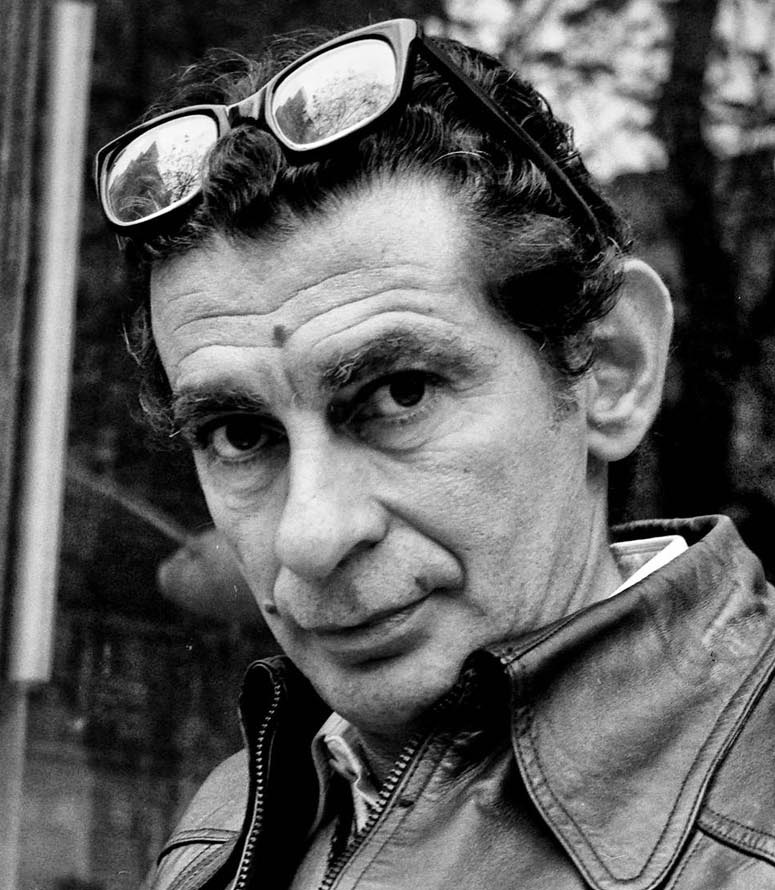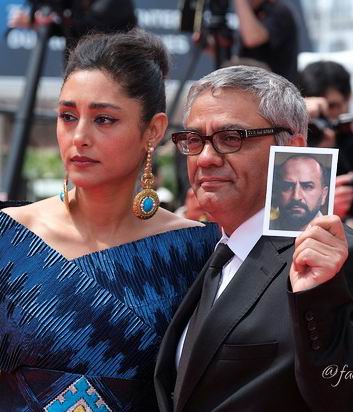|
|
| Welcome to Online Film Home! |
|---|
|
|
|

Chahine, Youssef |
Birth name
Youssef Gabriel Chahine
Date of birth
25 January 1926, Alexandria, Kingdom of Egypt Date of death
Date of death
27 July 2008, Cairo, Egypt
Youssef Chahine (January 25, 1926 - July 27, 2008)
Youssef Chahine (25 January 1926 – 27 July 2008) was an Egyptian film director. He was active in the Egyptian film industry from 1950 until his death.
He directed twelve films that were listed in the Top 100 Egyptian films list. A winner of the Cannes 50th Anniversary Award (for lifetime achievement), Chahine was credited with launching the career of actor Omar Sharif.
A well-regarded director with critics, he was often present at film festivals during the earlier decades of his work. Chahine gained his largest international audience as one of the co-directors of 11'9"01 September 11 (2002).
When asked about his childhood and early interest in cinema, Chahine said:
"At the age of Eight, I discovered that 9.5mm films and projectors were being sold in stores. I saved from allowances enough to buy the projector and then became a regular for the Rabbani Bibi films. I used to gather the children of the neighborhood to show them these films. Some of them didn’t care for cinema and would come up with excuses not to attend. So I had no choice but to form a gang to beat up those who were late coming to the show."
Youssef Chahine is credited for directing five films starring Salah Zulfikar including significant productions such as Saladin (1963), The Nile and the Life (1968) and Those People of the Nile (1972) and also credited with discovering Omar Sharif, whose first starring role was in Chahine's film The Blazing Sun (1954). A well-regarded director with critics, he was often present at film festivals during the earlier decades of his work. Chahine gained his largest international audiences as one of the co-directors of 11'9"01 September 11 (2002).
During his long career Chahine produced different movies, including Aly Badrakhan's Chafika et Metwal (1979). His early films in Egypt included The Blazing Sun (1954), which begun while Farouk was still King and dealing with a peasant farmer's challenge to a feudal landlord.
In 1992 Jacques Lassalle approached him to stage a piece of his choice for Comédie-Française. Chahine agreed and chose to adapt Albert Camus' Caligula. The same year he started writing The Emigrant (1994), a story inspired by the Biblical character of Joseph, son of Jacob.
This had been an intended project for some years and he was finally able to film it in 1994. This film created a controversy in Egypt between liberals and fundamentalists who opposed the depiction of religious characters in films.
In 1997, 46 years later, his work was acknowledged at the Cannes Film Festival with the lifetime achievement award. Chahine is credited for directing five films starring Salah Zulfikar including significant productions such as Saladin (1963), The Nile and the Life (1968) and Those People of the Nile (1972) and also credited for discovering Omar Sharif, whose first starring role was in The Blazing Sun (1954). He also provided Hind Rostom with a role early on in her career in Cairo Station (1958).
Chahine produced his four autobiographical films starting 1978 and up till 2004. These films tell Yehia's life, which reflects Chahine's own. In this quartet, he explores his sexuality, personality, and family issues. The autobiographical films all take place between World War One and World War Two.
Released in 1979, and set in the 1940s, Alexandria... Why? Sparked controversy and censorship from the government- it examines Egypt's social and political issues. An Egyptian Story, released later in 1982, Chahine looks at his own journey as an auteur and a director.
In 1989, Chahine released his third autobiographical film Alexandria Again and Forever. This film follows a strike that the actors and actresses, as well as production workers in the Egyptian film industry participate in. The film is a political commentary on censorship in Egypt. Chahine uses many directorial styles: verité, normal narrative and formalism.
The fourth and final film to the autobiographical film is Alexandria ... New York (2004). The film draws a parallel between Chahine's life and the narrative he tells: it explores the relationship between the United States and Egypt.
Selected filmography of
Chahine, Youssef
2007
To Each His Own Cinema | Chacun son cinéma (2007, Short, Cult)
2002
SEPTEMBER 11 | 11′09″01 September 11 (2002)
1997
Destiny | La Destin | Al-massir (1997)
1995
Lumière and Company | Lumière et compagnie (1995, Documentary)
1982
An Egyptian Story | Hadduta misrija (1982)
1969
The Land | Al-ard (1969)
1954
The Blazing Sun | Siraa Fil-Wadi (1954)
1953
Women Without Men | Nissae bila regal | Femmes sans hommes (1953)
|
|
|
|

Cannes 2024 |
Choose an item to go there!
|
| |
|
|

